#india #international affairs #International news #Latest news #Manodaya Dissanayake #news #S jaishaankar #sri lanka #the firstcritic #trending news
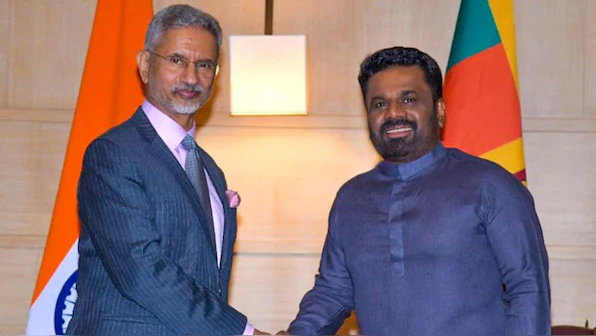
Colombo, December 16, 2024: Sri Lankan President Manodaya Dissanayake described his recent meeting with Indian External Affairs Minister S. Jaishankar as “fruitful and forward-looking,” signaling a renewed focus on strengthening bilateral relations between the two neighbors. The discussions, held in Colombo, touched upon a broad spectrum of areas, including economic cooperation, regional stability, and infrastructure development.
A Renewed Chapter in India-Sri Lanka Ties
The visit comes amidst growing regional challenges and opportunities, as both countries aim to reinforce their historical ties through enhanced cooperation. President Dissanayake, who assumed office earlier this year, emphasized the importance of nurturing a robust partnership with India.
“The discussions with Minister Jaishankar were comprehensive and productive. We explored avenues to deepen our engagement in trade, investments, and connectivity. India remains a vital partner in our development journey,” Dissanayake stated during a joint press briefing.
Jaishankar, on his part, reaffirmed India’s commitment to supporting Sri Lanka’s economic recovery and sustainable growth. “Our partnership is built on mutual respect, shared interests, and cultural affinities. India stands ready to assist Sri Lanka in achieving its developmental goals,” he said.
Focus on Economic Collaboration
A major highlight of the meeting was the emphasis on economic collaboration. Sri Lanka, recovering from a severe financial crisis, seeks enhanced trade and investment opportunities with India. During the discussions, both leaders agreed to expedite the implementation of several ongoing projects, including those under India’s Line of Credit framework.
President Dissanayake praised India’s assistance in addressing Sri Lanka’s economic challenges, especially during the pandemic and the subsequent debt crisis. “India’s timely support was invaluable. Today, we are discussing new horizons, from trade facilitation to renewable energy cooperation,” he said.
India is Sri Lanka’s largest trading partner, with bilateral trade exceeding $6 billion annually. Jaishankar highlighted the need for reducing trade barriers and promoting private sector engagement to further enhance economic ties. The leaders also discussed the possibility of a free trade agreement to boost exports and investments.
Strengthening Connectivity and Infrastructure
Connectivity was another critical area of discussion. Both sides agreed to prioritize projects that enhance physical and digital linkages between the two nations. The India-funded Jaffna-Kankesanthurai railway line and the Mannar solar power project were cited as examples of successful collaborations.
“We are keen on implementing more initiatives that connect our peoples and economies. From enhanced ferry services to digital infrastructure, the possibilities are vast,” Jaishankar noted.
President Dissanayake expressed his government’s commitment to facilitating these projects and ensuring their timely completion. “These initiatives are not just about infrastructure; they are about building bridges of trust and cooperation,” he remarked.
Maritime and Regional Security
The discussions also delved into regional and maritime security. With the Indian Ocean emerging as a key strategic area, both leaders stressed the need for greater coordination to ensure peace and stability.
Jaishankar emphasized India’s role in promoting a free, open, and inclusive Indo-Pacific region. “Sri Lanka’s location makes it a pivotal player in regional security. Our partnership in this area is crucial for addressing challenges such as maritime piracy, illegal fishing, and human trafficking,” he said.
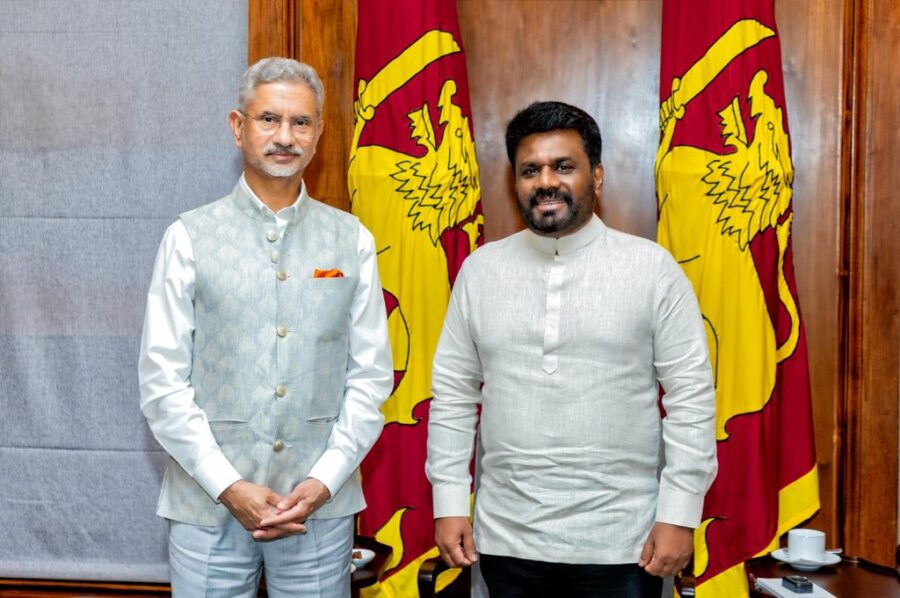
Dissanayake echoed these sentiments, highlighting Sri Lanka’s commitment to safeguarding its maritime boundaries while collaborating with India and other stakeholders.
Cultural and People-to-People Ties
The enduring cultural ties between India and Sri Lanka also found a place in the dialogue. Both sides discussed the promotion of religious tourism, especially between sites linked to Buddhism and Hinduism. The expansion of visa-free travel arrangements for certain categories of visitors was also explored.
“Cultural diplomacy remains a cornerstone of our relations. We want to encourage more exchanges, be it through tourism, education, or sports,” Jaishankar said.
Dissanayake highlighted the shared heritage between the two countries. “Our histories and cultures are intertwined. We aim to build on this foundation to create stronger bonds between our peoples,” he added.
Sri Lanka’s Role in Regional Cooperation
The meeting also saw discussions on broader regional cooperation frameworks, including the South Asian Association for Regional Cooperation (SAARC) and the Bay of Bengal Initiative for Multi-Sectoral Technical and Economic Cooperation (BIMSTEC). Both leaders stressed the need for revitalizing these organizations to address common challenges such as climate change and sustainable development.
Jaishankar reiterated India’s support for Sri Lanka’s chairmanship of BIMSTEC, praising the country’s proactive approach to enhancing regional connectivity and cooperation.
The meeting between President Dissanayake and Minister Jaishankar marked a significant step forward in India-Sri Lanka relations. With agreements to bolster economic ties, enhance connectivity, and address regional security challenges, the discussions underscored a shared vision for mutual growth and stability.
“India and Sri Lanka have always stood by each other through challenges. Today’s discussions reaffirmed that our partnership is poised for greater heights,” Jaishankar concluded.
As the two nations navigate complex global and regional dynamics, the dialogue served as a reminder of the enduring strength of their relationship. Both leaders expressed optimism about the future, pledging to work together for the prosperity of their people and the stability of the region




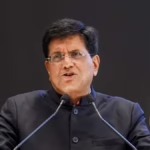


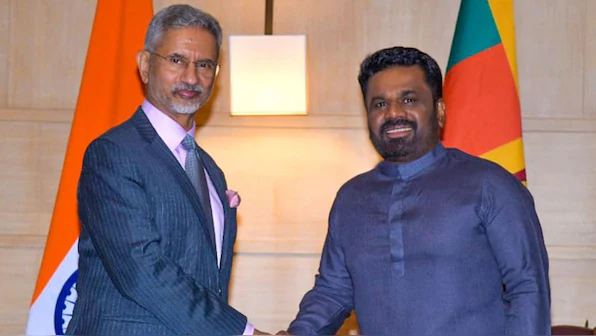
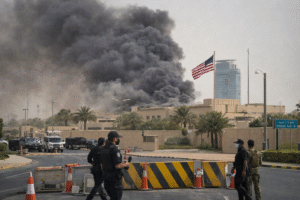

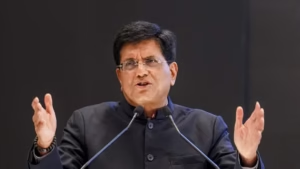

More Stories
Iran-Israel War News Live Updates: Smoke seen rising from the US embassy vicinity in Kuwait, claims report
India to protect its interests in trade deal with US: Piyush
All 7 On Board Air Ambulance Flying To Delhi Die In Crash In Jharkhand